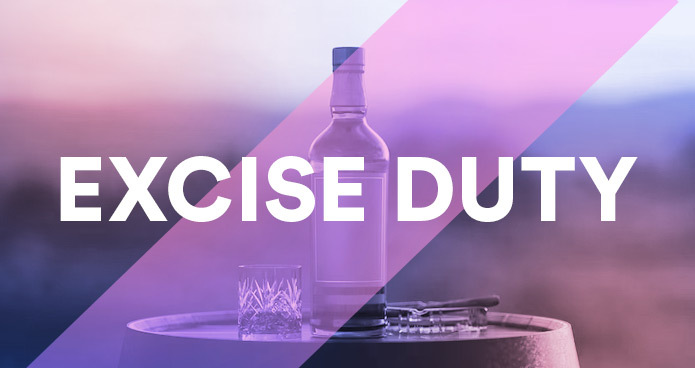What is Alcohol Excise Duty?
Alcohol excise duty is a tax imposed on alcoholic products, such as spirits, wine, and beer. It’s levied by the UK government in order to raise revenue from sales of alcohol. Excise duty legislation applies to all alcohol sold in the UK, regardless of whether it’s produced in the UK or imported from elsewhere.
Alcohol duty legislation provides certain exemptions and reliefs from alcohol excise duty, such as for small producers of beer and wine. There may also be different rates of alcohol excise duty depending on the type of product. For example, alcoholic beverages with more than 1.2% ABV will have higher rates of excise duty applied to them than those with lower alcohol content.
Businesses impacted by the new Alcohol Products Excise Duty will need to submit their alcohol duty review to HMRC between 13 February 2023 and 9 April 2023. The amount of excise duty owed depends on several factors, including the type of product and its alcohol content, as well as other variables such as how the product is packaged and sold.
How much is Excise Duty on Alcohol in the UK?
The amount of alcohol excise duty that businesses must pay depends on the type and strength of their product. For alcoholic beverages with an ABV (alcohol by volume) of less than 1.2%, they will be charged £0.14 per litre. If the alcohol content is higher, then this rate will increase to £21.70 per litre.
The exact rate of alcohol excise duty also depends on how the product is packaged and sold, so businesses should check with HMRC to ensure they are paying the correct amount. Additionally, there are several tax reliefs and exemptions that may reduce a business’s overall alcohol excise duty payment, such as for small producers of beer or wine.
Who pays Excise Duty on Alcohol?
Any business that produces, sells, or imports alcohol in the UK must pay alcohol excise duty. Businesses must submit their alcohol duty review with HMRC between 13 February 2023 and 9 April 2023, and they must also keep detailed records of their alcohol sales in order to calculate how much excise duty they owe.
Businesses should check with HMRC to determine their exact alcohol excise duty payment, as it can vary depending on the type and strength of your product, as well as other factors such as how it is packaged and sold. Additionally, there may be tax reliefs and exemptions that could reduce a business’ overall alcohol excise duty payments.
What will Alcohol Excise Duty Rates be from August 2023?
Duty on alcoholic drinks with alcohol less than 8.5% ABV will be frozen until April 2024. For spirits with an ABV of 38% and above, duty will rise by 2%.
All other alcoholic beverages between 8.5% and 38% ABV will see a duty increase by the rate of inflation plus 2%. Businesses should check with HMRC to determine their exact alcohol excise duty payment as it can vary depending on the type and strength of their product, as well as other factors such as how it is packaged and sold.
Conclusion
Alcohol excise duty is a tax imposed on alcoholic products, such as spirits, wine, and beer by the UK government to raise revenue from sales of alcohol. All businesses that produce, sell, or import alcohol in the UK must pay alcohol excise duty, and they must submit their alcohol duty review with HMRC between 13 February 2023 and 9 April 2023. The amount of alcohol excise duty owed depends on several factors, including the type and strength of the product, how it is packaged and sold, as well as other variables such as tax reliefs and exemptions. Businesses should check with HMRC to determine their exact alcohol excise duty payment, as it can vary depending on these factors.












